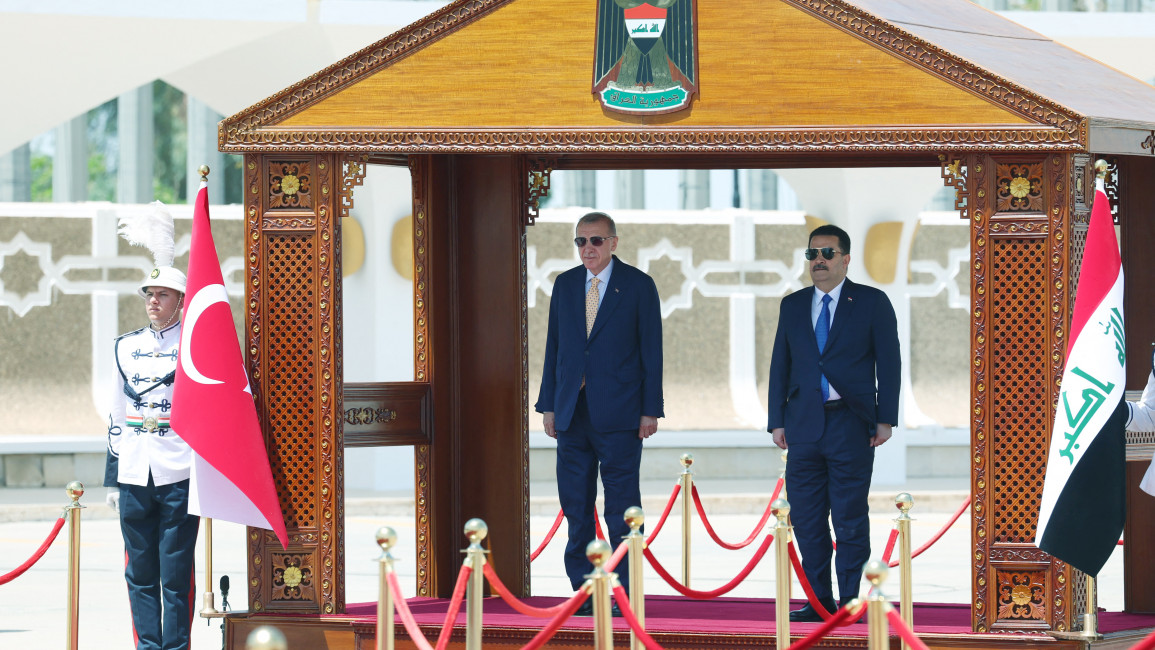'Dawn of new era': Iran's ultraconservatives hail Raisi win
Iran's ultraconservatives Sunday hailed the election victory of their candidate Ebrahim Raisi, after Washington charged the vote was unfair and Tehran's arch-foe Israel labelled him the country's "most extremist" president yet.
Raisi, 60, won Friday's election in which more than half the voters stayed away after many political heavyweights had been barred from running and amid a ruinous economic crisis driven by US sanctions.
An austere figure from the Shia Muslim clerical establishment, Raisi takes over from moderate incumbent Hassan Rouhani, who must leave office in August after eight years in power.
Raisi, whose black turban signifies direct descent from Islam's Prophet Mohammed, is seen as close to the 81-year-old supreme leader, Ayatollah Ali Khamenei, who holds ultimate political power in Iran.
"The Dawn of a New Era," the conservative Resalat daily splashed across its front page, welcoming the 62 percent win by Raisi, the head of Iran's judiciary.
Raisi was congratulated by Russia, Turkey and several Gulf states, and by Iran's regional allies including Syrian President Bashar al-Assad, Lebanon's Hezbollah and Hamas in the Gaza Strip.
Prime Minister Mustafa al-Kadhemi in neighbouring Iraq also sent his congratulations.
Raisi's victory had been widely anticipated after the Guardian Council, made up of 12 clerics and jurists, had approved just seven candidates, all men, out of a field of almost 600 hopefuls. Three of those vetted candidates dropped out two days before the vote.
Iran's moderate Jomhouri-e Eslami daily highlighted that conservatives had now cemented their hold on power, from parliament and the Guardian Council to the court system and armed forces.
With a touch of irony, it wrote that "we, the people of Iran, owed the conservative faction a homogeneous government" and "the people have delivered".
'Epic' turnout
In a bazaar in Molavi, an underprivileged neighbourhood in southern Tehran, Iranians on Sunday expressed support for Raisi, who presented himself as a champion of the working class and against corruption.
But they also said they'd be watching his progress.
"We hope he will be able to keep his promises. If not, we won't vote for him in four years' time," said 65-year-old shopkeeper Mehdi Rahmati.
"Raisi said he would improve the situation... but will he be able to lift the sanctions?" asked 32-year-old tea vendor Mohammad-Hossein.
Turnout reached 48.8 percent, a record low for a presidential poll since Iran's 1979 revolution ousted the US-backed monarchy.
The ultraconservative Kayhan daily argued that voter participation was "epic" considering the economic crisis, Covid-19 pandemic and the "enemy's propaganda", referring to boycott calls from Iranian opposition groups abroad.
Rouhani's landmark achievement was the 2015 deal with world powers under which Iran agreed to limit its nuclear programme in return for sanctions relief.
That deal has however been hanging by a thread since then-US president Donald Trump withdrew from it in 2018 and launched a "maximum pressure" campaign to isolate Tehran.
While Iran has always denied seeking a nuclear weapon, Trump charged it was still planning to build the bomb and was destabilising the Middle East through armed proxy groups in Iraq, Lebanon, Syria and Yemen.
Since Trump's successor Joe Biden took office this year, talks involving Iran and the remaining parties to the accord - Britain, China, France, Germany and Russia - have resumed in Vienna, with the US taking part indirectly.
Negotiators are "closer" to saving the deal but sticking points remain, diplomats said Sunday at the end of the latest round of talks.
'Anti-Western views'
Iran's ultraconservatives - who deeply distrust the United States, labelling it the "Great Satan" - bitterly attacked Rouhani over the failing deal and for having trusted the West.
But Raisi has nonetheless said Iran should keep negotiating with the aim of ending the punishing sanctions that have largely cut the country off from global markets and financial systems.
The US State Department said after Raisi's election win that Washington would continue talks over Iran's nuclear programme.
A spokesperson slammed the vote, however, charging that "Iranians were denied their right to choose their own leaders in a free and fair electoral process".
National security adviser Jake Sullivan said Sunday that the "ultimate decision" on whether Tehran would return to the deal "lies with Iran's supreme leader."
Analysts for think tank the Eurasia Group said Raisi's win would be unlikely to derail the ongoing Vienna talks to salvage the nuclear deal.
However, they warned that "his hardline, anti-Western views are a sharp break from the more moderate stances of Rouhani and will have a significant impact on Tehran's relationship with the outside world".
In Israel, which has engaged in a shadow conflict with Iran for years, new Prime Minister Naftali Bennett said that Raisi's election was "the last chance for the world powers to wake up before returning to the nuclear agreement, and to understand who they are doing business with".
Israeli foreign ministry spokesman Lior Haiat said the Islamic republic had "elected its most extremist president to date".
![Ebrahim Raisi. [Getty]](/sites/default/files/styles/large_16_9/public/2021-06/Raisi.jpg?h=9d0ff62f&itok=dEsZW6Y8)


